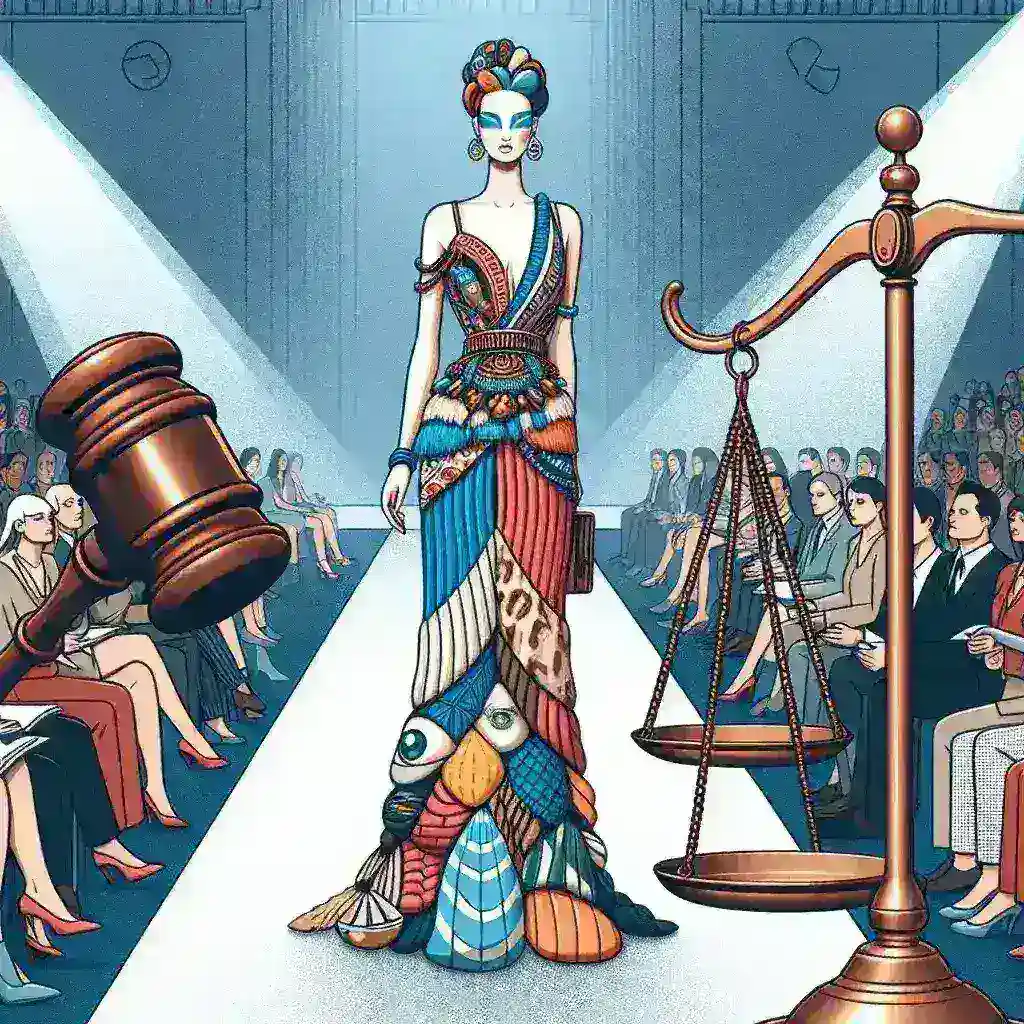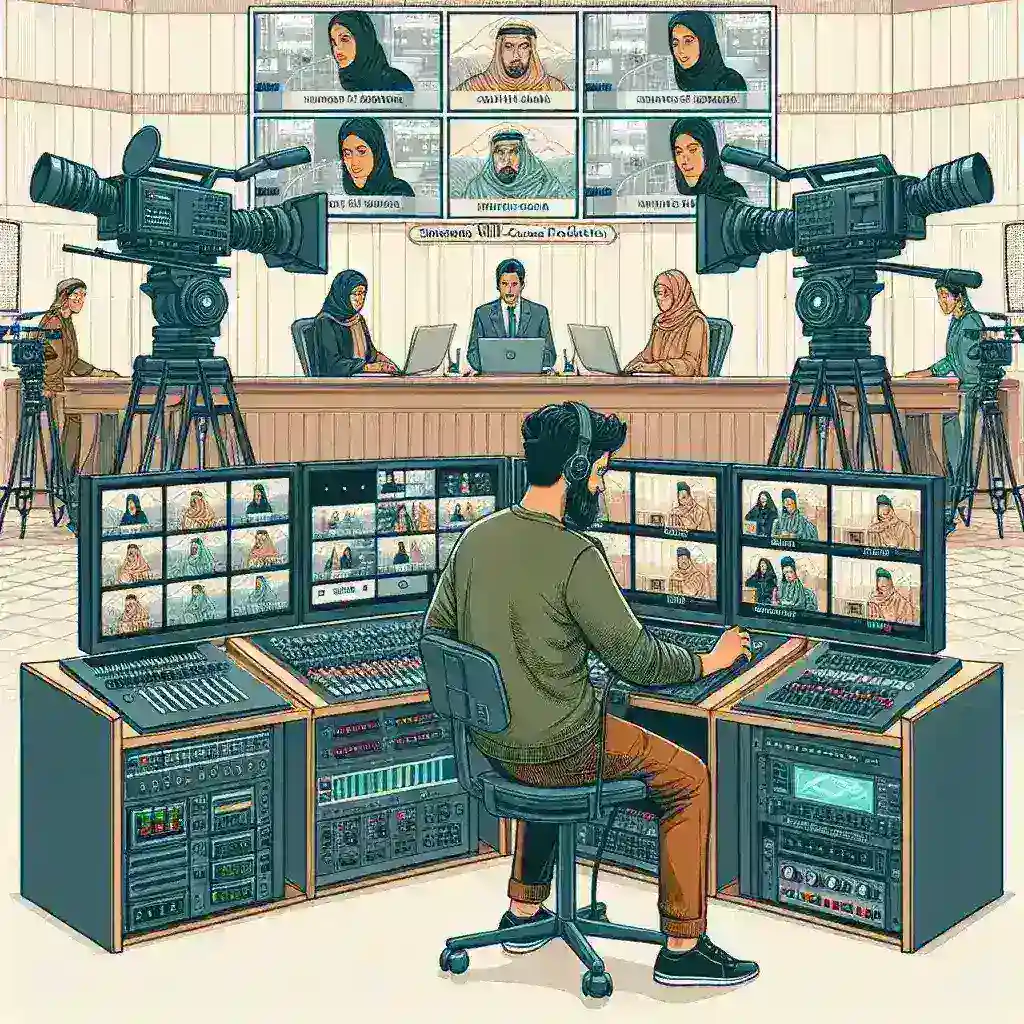Introduction
The world of fashion, photography, and entertainment has seen an increasing trend where models and influencers draw inspiration from copyrighted characters. While this practice can often lead to creative expression and innovative marketing, it also raises significant ethical concerns. In this article, we will delve into the multifaceted ethical dilemmas that arise when models mimic copyrighted characters, exploring legal ramifications, cultural implications, and personal integrity.
The Legal Landscape
Understanding Copyright Law
Copyright law is designed to protect original works of authorship, including characters from films, books, and other media. When a model decides to mimic a copyrighted character, they may unintentionally breach copyright laws, leading to legal consequences. Here are some key legal aspects to consider:
- Derivative Works: Copyright law defines derivative works as adaptations of original materials. When models mimic copyrighted characters, they may be creating a derivative work, which requires permission from the original creator.
- Fair Use Doctrine: In some cases, the fair use doctrine may apply, allowing limited use of copyrighted material without permission. However, determining fair use is complex and often requires a legal interpretation of the purpose, nature, amount used, and impact on the market value.
- Commercial Use: If a model’s portrayal is for commercial gain, the likelihood of legal repercussions increases. Courts tend to scrutinize commercial use more stringently than non-commercial use.
Case Studies
Several high-profile lawsuits have emerged in the fashion industry concerning the unauthorized use of copyrighted characters. For example, in 2018, a well-known designer faced legal challenges for showcasing a collection inspired by a famous cartoon character without securing the necessary rights. This case serves as a cautionary tale for models and brands alike, underscoring the importance of respecting copyright laws.
Cultural Implications
Representation and Stereotypes
When models mimic copyrighted characters, especially those from different cultures, there is a risk of perpetuating stereotypes. Cultural representation is a sensitive topic, and misrepresentation can lead to backlash. Models must consider the following:
- Informed Representation: Models mimicking characters from diverse backgrounds should educate themselves about the cultural significance of these characters to avoid misrepresentation.
- Accountability: There is a growing call for accountability in how brands and models represent cultures. Engaging with cultural consultants can help mitigate the risk of cultural appropriation.
The Impact of Social Media
Social media platforms amplify the visibility of models mimicking copyrighted characters. While this can lead to viral success, it also invites scrutiny:
- Viral Trends: Social media trends can lead to a rush of imitation without considering the ethical implications. The pressure to conform to popular culture may overshadow the importance of responsible representation.
- Public Backlash: Missteps in representation can lead to significant public backlash, affecting a model’s career and the brand’s reputation.
Personal Integrity and Ethical Considerations
Self-Expression vs. Ethical Responsibility
Models often face a dichotomy between self-expression and ethical responsibility. While the desire to emulate beloved characters can stem from a place of admiration, it is essential to balance this with a respect for the original creators:
- Personal Reflection: Models should reflect on their motivations for mimicking copyrighted characters. Are they celebrating the character, or are they merely seeking attention?
- Ethical Choices: Making ethical choices in modeling can inspire others in the industry to follow suit, fostering a culture of respect and integrity.
Expert Opinions
Leading voices in the industry emphasize the importance of ethical considerations in modeling. As fashion expert Dr. Jane Smith notes, “Creativity should never come at the expense of someone else’s intellectual property. Models and brands must navigate these waters with care and respect.”
Future Predictions
The Evolving Landscape of Copyright and Ethics
As the digital age progresses, the intersection of fashion, modeling, and copyright law continues to evolve:
- Technological Advancements: With the rise of AI and digital fashion, new forms of copyright infringement may emerge, necessitating updated legal frameworks.
- Increased Awareness: As awareness of ethical concerns grows, consumers will increasingly demand transparency and accountability from brands and models.
Conclusion
The ethical concerns that emerge when models mimic copyrighted characters are complex and multifaceted. From legal ramifications to cultural implications and personal integrity, the stakes are high. Models, brands, and consumers all play a role in promoting responsible representation and respecting intellectual property. By fostering a culture of awareness and accountability, the industry can continue to thrive while honoring the creativity of original creators. As we move forward, prioritizing ethical considerations will be crucial for a sustainable and respectful fashion landscape.




